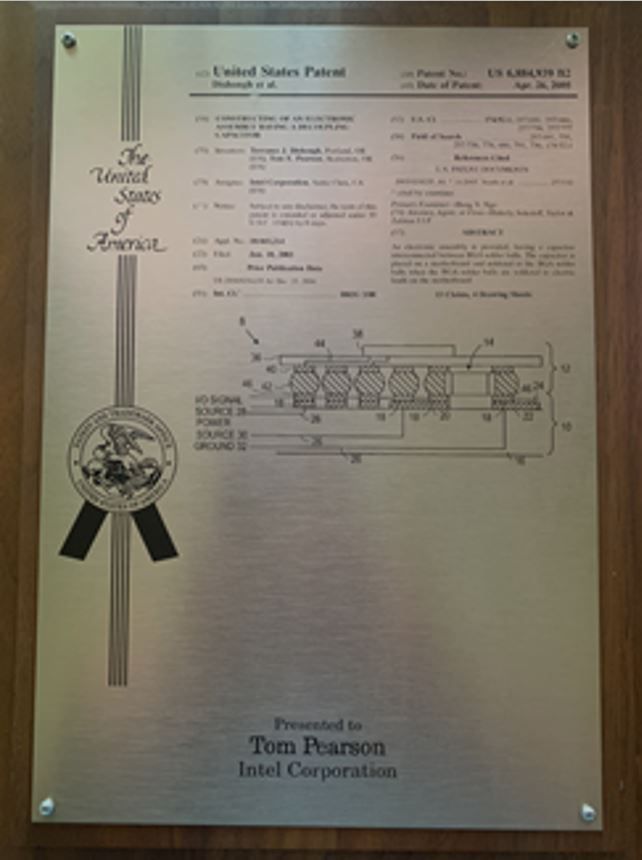“Some of the best inventions come from the misunderstanding of new ideas.” Tom Pearson - March 7th, 2003
Innovation
Where does innovation come from? Are we born with it like talent, or is it taught? What makes one challenge status quo and conventional thinking? Sometimes it is through challenges we face where old ideas fall short? Sometimes it is building on other people’s ideas. And sometimes it is from the misunderstanding of their ideas that takes us a leap ahead into new ideas we never had before.
College has taught me scientific ideals and principles I assume as facts. And why not. They model the world around us and have been proven repeatedly. Our schools teach us science with well proven truths that explains the world around us. However, can a world be explained in other ways and other mathematical equations? Our colleges can do us a great disservice by filling our brains with the same knowledge. Much like religion, when first exposed to an idea as fact we tend to believe it the rest of our lives. We spend our days finding evidence of what we believe is true. To reach beyond where we are today, we must question facts and propose ideas that appear outrageous.
Lock the room
This has been done in a team setting. A friend I met at Intel Corporation Terry O’shea helped me discover this 20 years ago through a process of team innovation. The rules are simple. Lock four people from different professional disciplines in a room until they have at least two innovative ideas that can be written into an innovation disclosure. No one leaves until there are two ideas. We have refined these rules since, however at the core of it, brainstorming is what drives team innovation. I have been on a several of these teams and produced 30 patents and 150 trade secrets using this process. These meetings usually started out with a problem statement that is occurring in the business today. Since I was in manufacturing and product development there were never any shortages of problems to solve.
Brainstorming
We fostered the brainstorming session by not immediately critiquing and idea as in “that will never work”, “that is stupid” or “the rules don’t allow this”. Those type of words are killers of innovation and stops new ideas immediately. We need to allow us to freely explore ideas and expand on them. People from different business disciplines have surprised me with their new ideas since they haven’t been taught the same subjects in college and may have not been solving problems with the same ideas and facts I have.

But how does misunderstanding of other people’s ideas lead to some of the best inventions? Through the power of brainstorming and communicating our ideas unjudgmentally. It allows minds to go wild and free and to question reality and to have crazy ideas heard. I have seen during brainstorming a person explaining their idea to solve a problem. The more I listened the more excited I was as I was envisioning the idea differently in my mind. I then explain the idea that I thought I heard, and it wasn’t the same, however it was novel, and it was used to solve the problem. The idea became a patent all because of a misunderstood idea from someone else.


Member discussion: